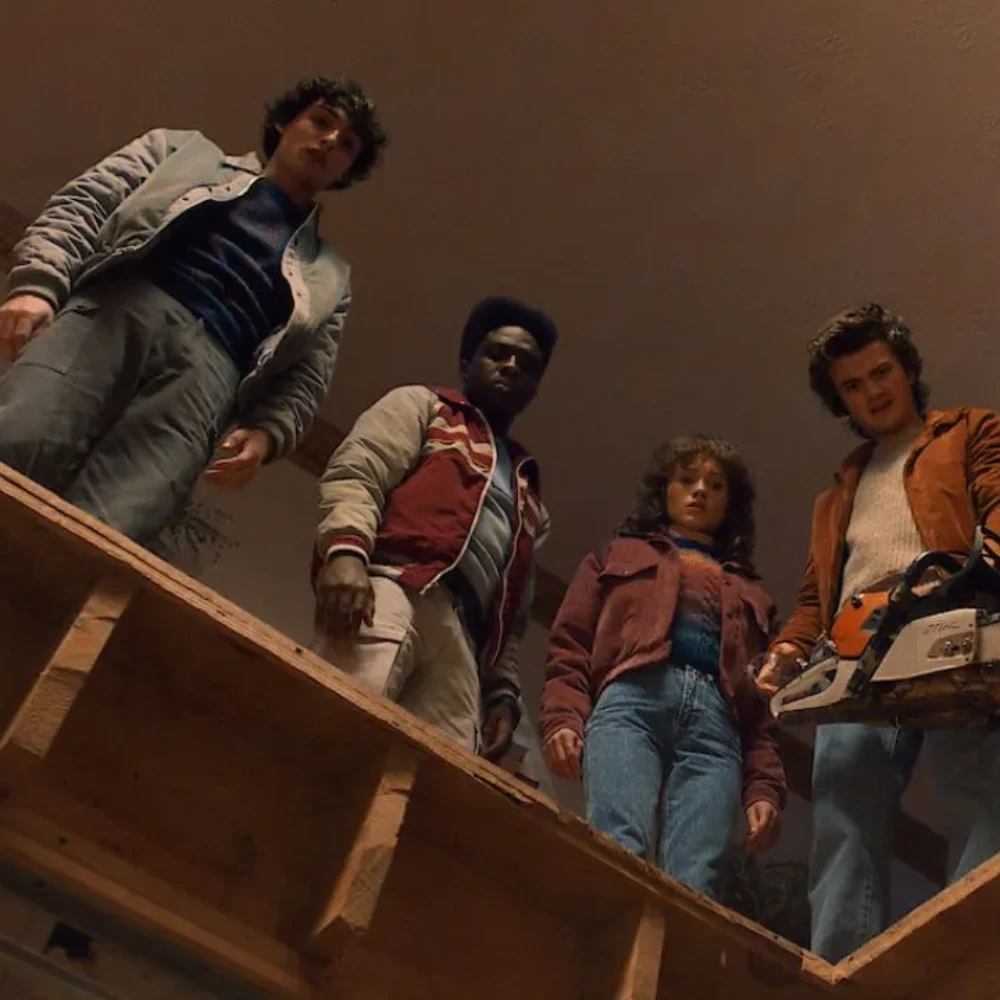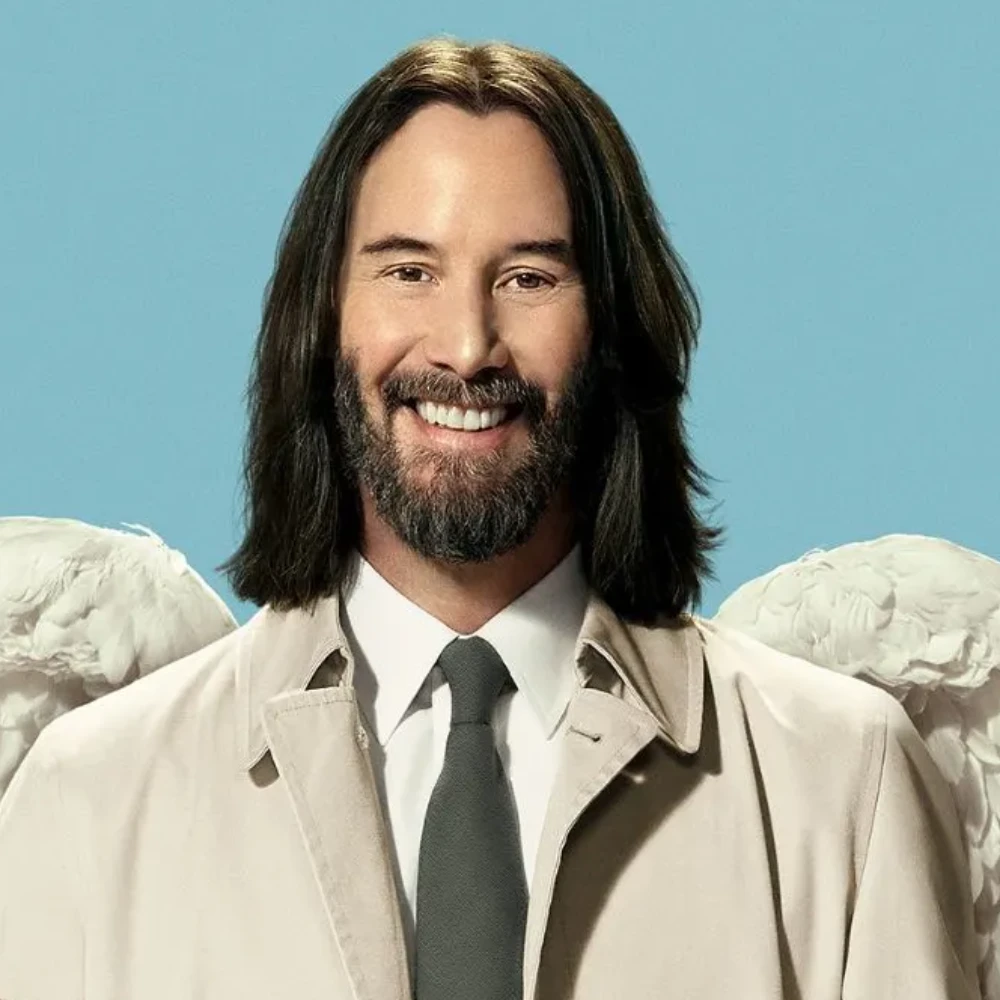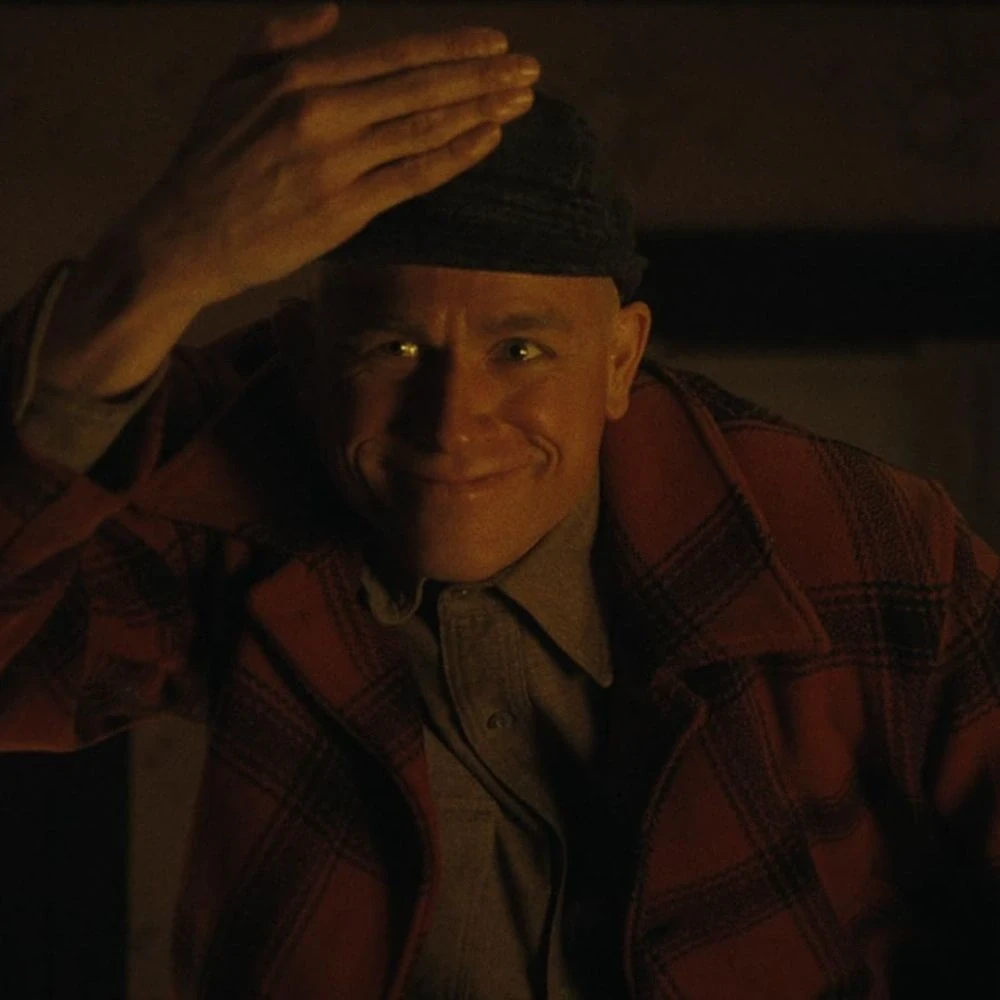Who Are Bob Marley's Parents? All We Know About Late Music Legend's Family
Bob Marley's parents, Cedella Booker and Norval Marley, came from very different backgrounds, which significantly impacted Bob's life.

Bob Marley, the legendary reggae musician, left an indelible mark on the world with his powerful music and message of peace, love, and unity. His life and career have been the subject of numerous books, documentaries, and films, but behind the icon was a man shaped by his upbringing and the influence of his parents, Cedella Booker and Norval Marley. Understanding who they were provides deeper insight into the man Bob Marley became, and how his roots shaped his identity and artistry.
All About Bob Marley's Parents, Cedella Booker and Norval Marley
Who Are Bob Marley's Father and Mother?
Bob Marley's parents, Cedella Booker and Norval Marley, came from very different backgrounds, which significantly impacted Bob's life and the themes he would explore in his music. Cedella, known affectionately as "Mama Marley," was an Afro-Jamaican woman born in the rural area of Nine Miles in St. Ann Parish, Jamaica. Norval Marley, on the other hand, was a White Jamaican of English descent, born into a wealthy family that owned a plantation.
Their paths crossed in the early 1940s when Norval, then a British naval officer, was stationed in Jamaica. The two met in Nine Miles, where Cedella lived, and despite their differences in age, race, and social status, they formed a relationship. In 1945, the couple married, and soon after, on February 6, 1945, Cedella gave birth to their only child together, Robert Nesta Marley, who would later be known to the world as Bob Marley.
The Marriage and Birth of Bob Marley
The union between Cedella and Norval was short-lived. The marriage faced significant challenges, primarily due to the societal pressures and prejudices of the time. Norval's family, particularly his wealthy and influential relatives, disapproved of his marriage to a Black woman, which was a taboo in colonial Jamaica. This disapproval, combined with Norval's own insecurities about the relationship, led to a separation shortly after Bob's birth. Norval's role in Bob's life was minimal; while he provided financial support, he was largely absent as a father figure. Bob was only five years old when the visits from Norval stopped altogether, and at the age of ten, Bob learned that his father had died of a heart attack.
Growing up without a father had a profound effect on Bob Marley. Raised by his mother in the rural and impoverished environment of Nine Miles, Bob faced bullying and ostracization due to his mixed heritage. Being biracial in a predominantly Black society where racial identity was closely tied to cultural belonging was challenging for young Bob. However, these early experiences of alienation would later inform his music and message. In a 1975 interview, Bob reflected on his identity, stating, "Because my father's White, my mother's Black. You know what them call me, half-caste or whatever. Well, me don't dip on nobody's side, me don't dip on the Black man's side nor the White man's side, me dip on God's side, the man who create me, who cause me to come from Black and White, who give me this talent."
Cedella Booker: The Strong Matriarch
Cedella Booker, a strong and resilient woman, played a crucial role in shaping Bob Marley's character and values. After separating from Norval, Cedella was left to raise Bob on her own, an experience that deeply influenced both of their lives. To provide better opportunities for her son, Cedella eventually moved with Bob to Kingston, Jamaica's capital city. They settled in Trench Town, a neighborhood known for its poverty and political violence, but also for its vibrant musical culture.
It was in Trench Town that Bob Marley was exposed to the harsh realities of urban life, which would later inspire some of his most powerful songs, such as "No Woman, No Cry" and "Trench Town Rock." Despite the challenges they faced, Cedella encouraged Bob to persevere, even though she initially had reservations about his desire to pursue a career in music. When Bob left school at the age of 14, Cedella urged him to learn a trade, and he began working as a welder's apprentice. However, after a workplace accident, Bob decided to leave the trade and focus entirely on music. While this was not the path Cedella had envisioned for her son, she supported him wholeheartedly.
In her later years, Cedella Booker pursued her own musical career, releasing a gospel album in 1984 and a children's album in 1992. She also became an author, penning two biographies about her son: "Bob Marley: An Intimate Portrait by His Mother" (1996) and "Bob Marley: My Son" (2003). In these works, she provided personal insights into Bob's life and the values she instilled in him. Cedella was not just the mother of Bob Marley; she was a significant influence on his life and a source of inspiration for his music. In honor of his mother, Bob named his eldest daughter Cedella, a testament to the deep bond they shared.
Norval Marley's Influence
Though Norval Marley was absent for most of Bob's life, his influence can still be seen in Bob's music and the way he navigated his identity. Norval's absence and the challenges of being biracial in Jamaica are recurring themes in Bob's songs. The pain of not having a father figure was something Bob carried with him, but it also fueled his desire to speak out against injustice and inequality. Norval's death when Bob was just ten years old marked the end of any hope for a traditional father-son relationship, but it also allowed Bob to forge his own path, independent of his father's legacy.
Cedella Booker’s Legacy
Cedella Booker lived to see her son's music become a global phenomenon. She remained a guiding force in the Marley family until her death on April 8, 2008, at the age of 81. She passed away peacefully in her sleep in Miami, leaving behind a legacy that goes beyond just being Bob Marley's mother. Cedella Booker was a singer, author, and matriarch who played a pivotal role in the story of one of the greatest musicians of all time.
Bob Marley’s music continues to resonate with people around the world, and much of that music was shaped by his experiences growing up under the care of his mother, Cedella Booker, and the absence of his father, Norval Marley. Their lives, struggles, and the love they had for their son are key elements in understanding the man behind the music.





 JOIN OUR WHATSAPP CHANNEL
JOIN OUR WHATSAPP CHANNEL















































































